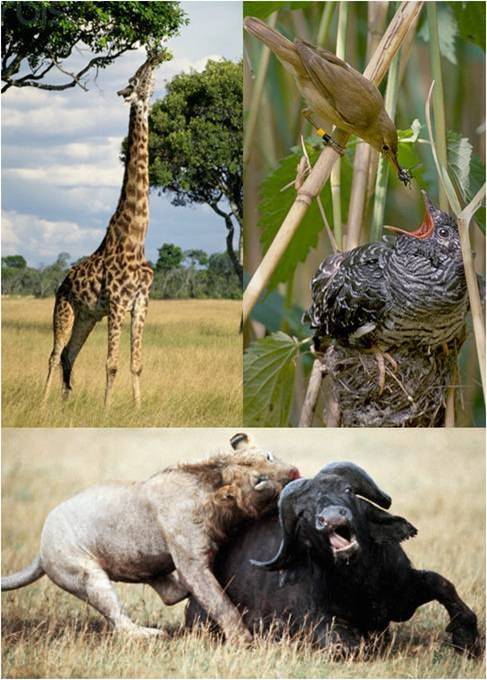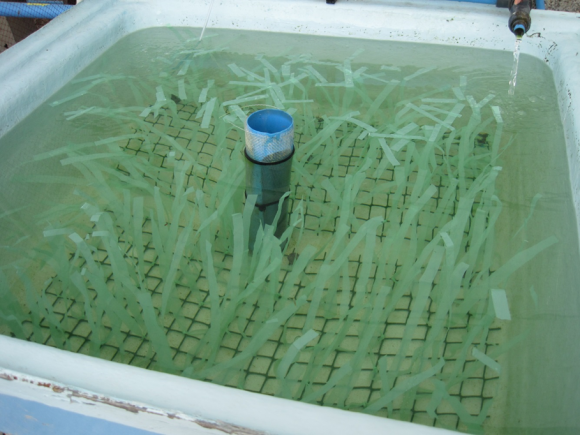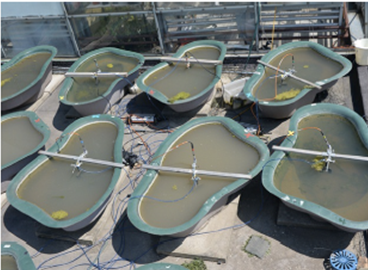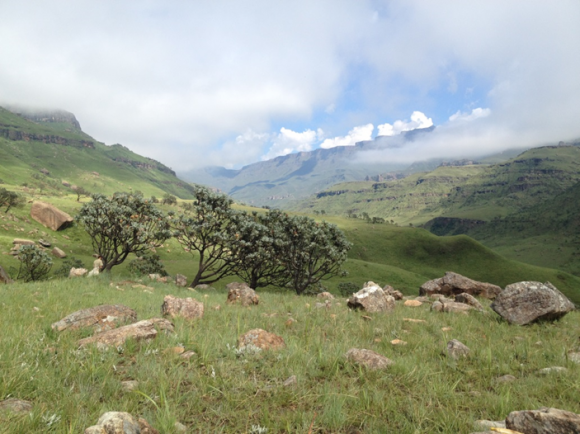Have you ever wondered why species are organised in such a way that species in one group interact more with each other, than with species in other groups?
Ecologists name this form of self-organisation “compartmentalisation”. In trying to understand how this organisation happens, ecologists noticed that consumer species are constantly selecting and adjusting which resource species they want to exploit. They select highly profitable resources rather than consuming all available resources.
Previously, it was believed that life histories and evolutionary processes determine the groupings/compartments in ecosystems. However, a paper by C·I·B doctoral student, Savannah Nuwagaba showed that this behaviour of selecting and adapting (selective/adaptive behaviour mechanisms), which happen at time-scales even faster than the normal ecological time-scale, could be responsible for compartmentalisation. Savannah’s study showed that adaptive behaviour explains the level of compartmentalisation in 61 real predator-prey ecological communities.
Amidst the current disturbances which ecological communities are facing as a result of human impacts, Savannah anticipates that this adaptive behaviour could rebalance some communities back to their equilibrium.
“This behaviour allows the abundance of species to fluctuate without necessarily leading to extinction of some species.” explains Savannah. Savannah adds “that ignoring species’ adaptive behaviour can lead to either under or overestimating expectations. We should carefully observe species behavioural processes as they may have important implication for conservation strategies.”
Read the paper
For more information, contact Savannah Nuwagaba at savannah@sun.ac.za




